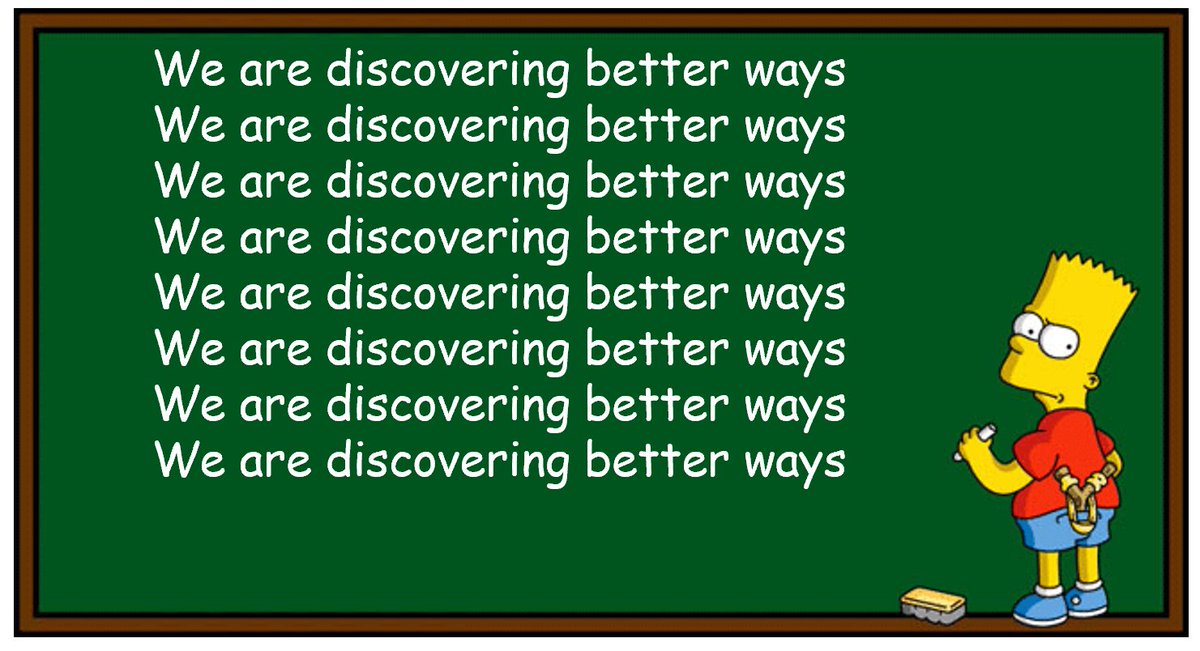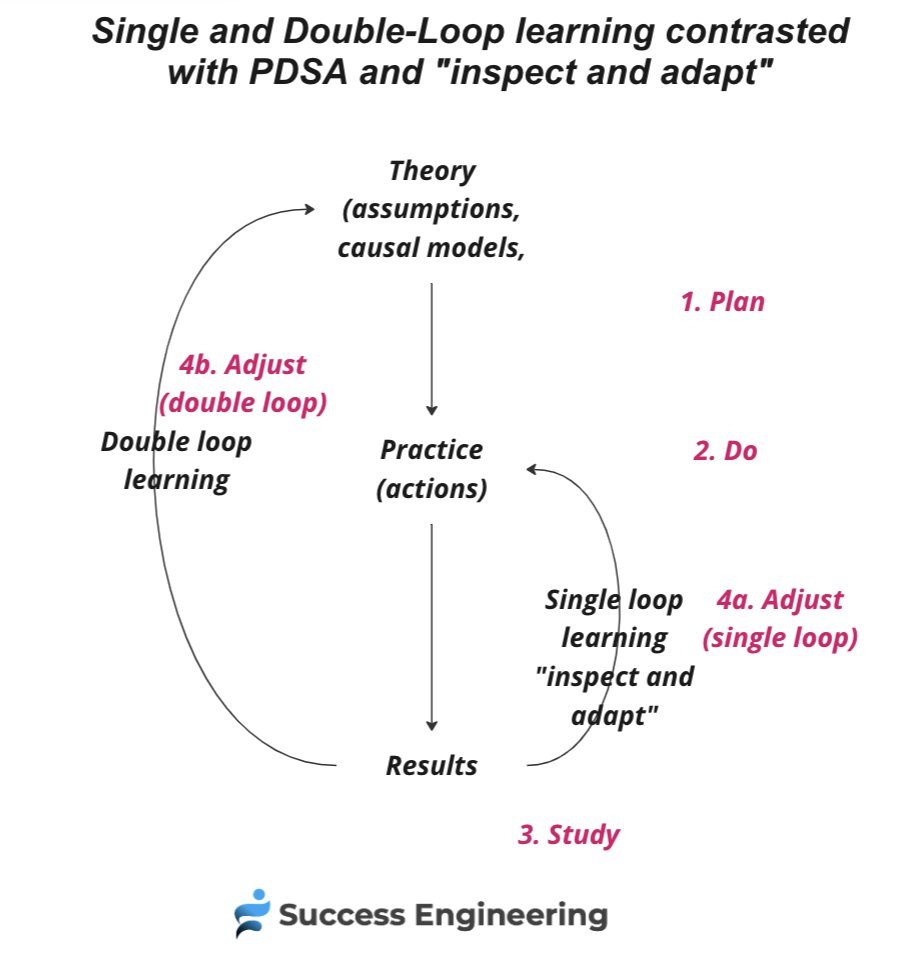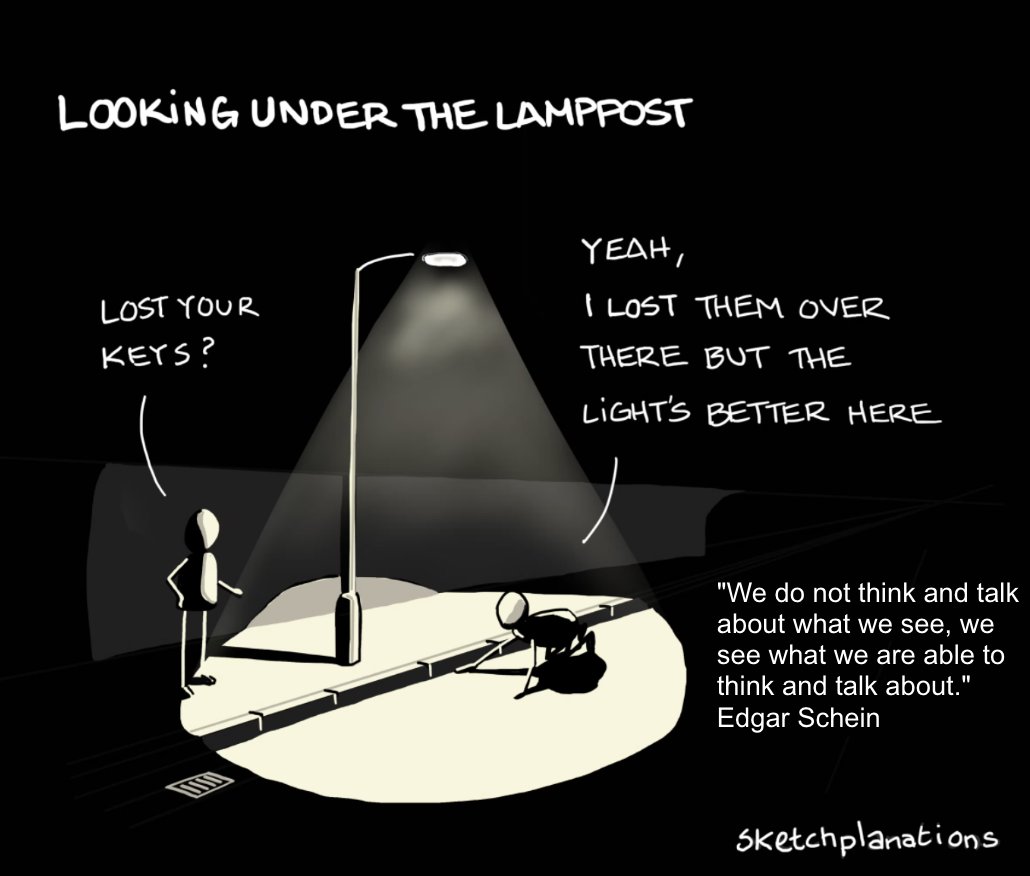I am really amazed how so many people just want to be right about masks. It's not a big deal to wear them. I don't care if it's right or not. It seems a more rational decision when risks are concerned. Not to mention those who've studied these diseases think it's best. ...
if you think you're smarter than someone who's studied something for decades then what are you not the smartest person about? This is a statement that you know more than anyone else about everything. It's incredibly arrogant and like a bull in a china shop. ...
there's no rationality here. It means you think what you think is the truth. Oh yeah, you can find evidence that meets your beliefs, but cognitive bias has it meet that. That's still you saying you can interpret data better than an expert. ...
i believe people are experts only certain areas. I am not an expert in everything. And the more i learn about my own expertise the more I realize how much even in this situation there are others who know more than me. ...
Only barbers, bartenders, stylists and taxi drivers have a right to have an opinion on everything. To them it's a job description. To the rest of us, it's insane.
• • •
Missing some Tweet in this thread? You can try to
force a refresh














